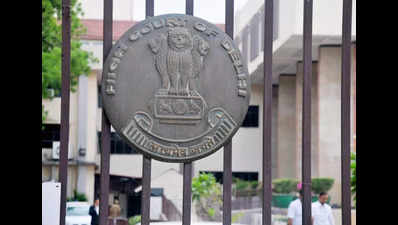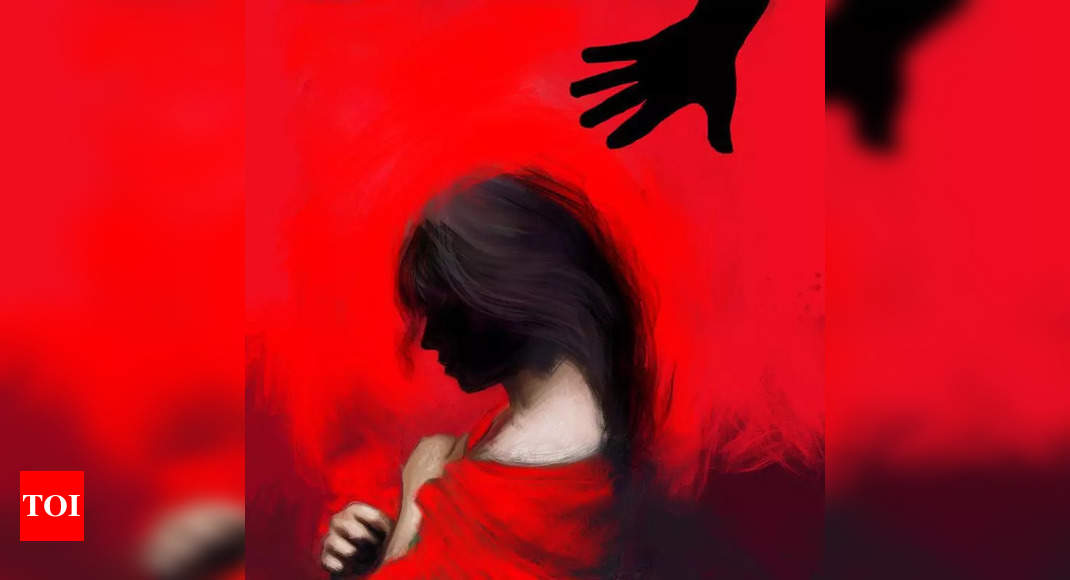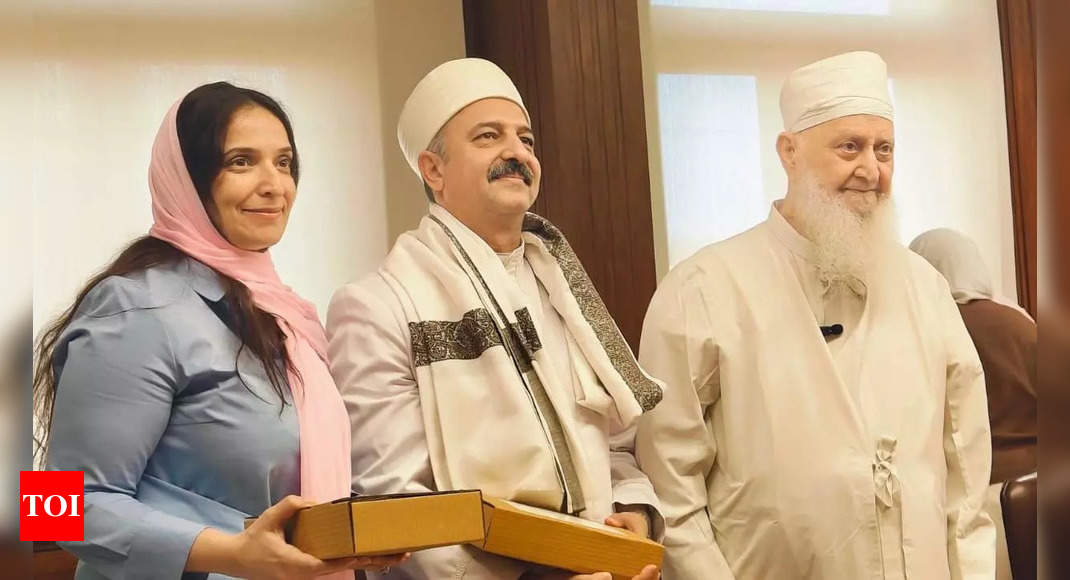New Delhi: Delhi High Court recently refused to quash a criminal case against an assistant professor at Delhi University over a controversial post made on X regarding a Shiva linga claimed to be found on the compound of Varanasi’s Gyanvapi mosque.
The single-judge bench of Chandra Dhari Singh observed that the comment prima facie showed an intention to hurt religious sentiments and disturb public tranquillity. “This court is of the view that prima facie, the petitioner created a disturbance of the harmony of society, and this court also found that the said tweet/post was made with the intention to hurt the sentiments of a large number of the society,” the judge said.
The court was hearing a plea by Dr Ratan Lal, an assistant professor of history at Hindu College. In 2022, an FIR was lodged against him with Delhi’s cyber police under sections 153A (promoting enmity between different groups on grounds of religion, race, place of birth, residence, language, etc., and doing acts prejudicial to maintenance of harmony) and 295A (deliberate and malicious acts, intended to outrage religious feelings of any class by insulting its religion) of Indian Penal Code over his tweet. The complainant said the tweet hurt his religious sentiments as a Hindu. Lal was arrested and granted bail a day later.
The teacher later faced difficulties in securing a visa and in career promotions on account of the pending criminal case, prompting him to move the high court to quash the FIR.
However, the court said, “The act of the petitioner, by making posts on Twitter and Facebook, with a photo of the Shiva linga with derogatory remarks, not only shows that there is a visual representation in terms of sections 153A and 295A, but also shows the deliberate and malicious intent on the part of the petitioner.”
It pointed out that the freedom of speech is not absolute. “No person being a professor, teacher, or an intellectual has the right to make such types of comments, tweets, or posts as the freedom of speech and expression or any type of freedom is not absolute.”
Quoting from Shiv Puran, Vidhweshwar Samhita to narrate the etymology and concept of Shiva linga, the court opined, “It is obvious that the act and remarks made by the petitioner are contrary to the beliefs and customs followed and practised by the worshippers and believers of Lord Shiva/Shiva linga.”




